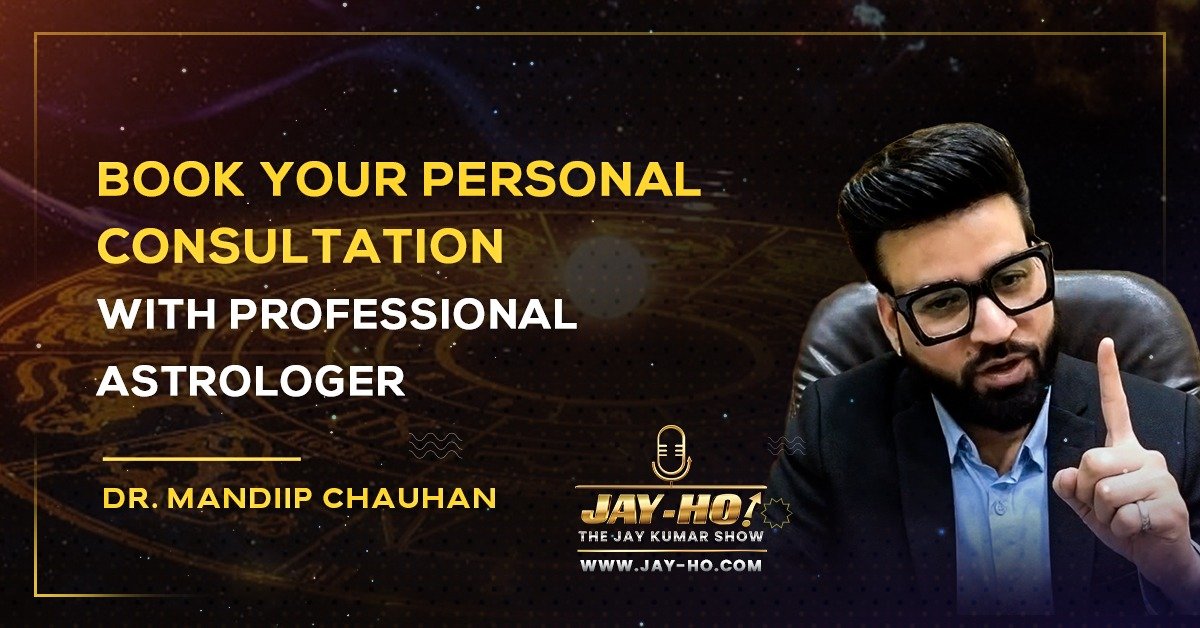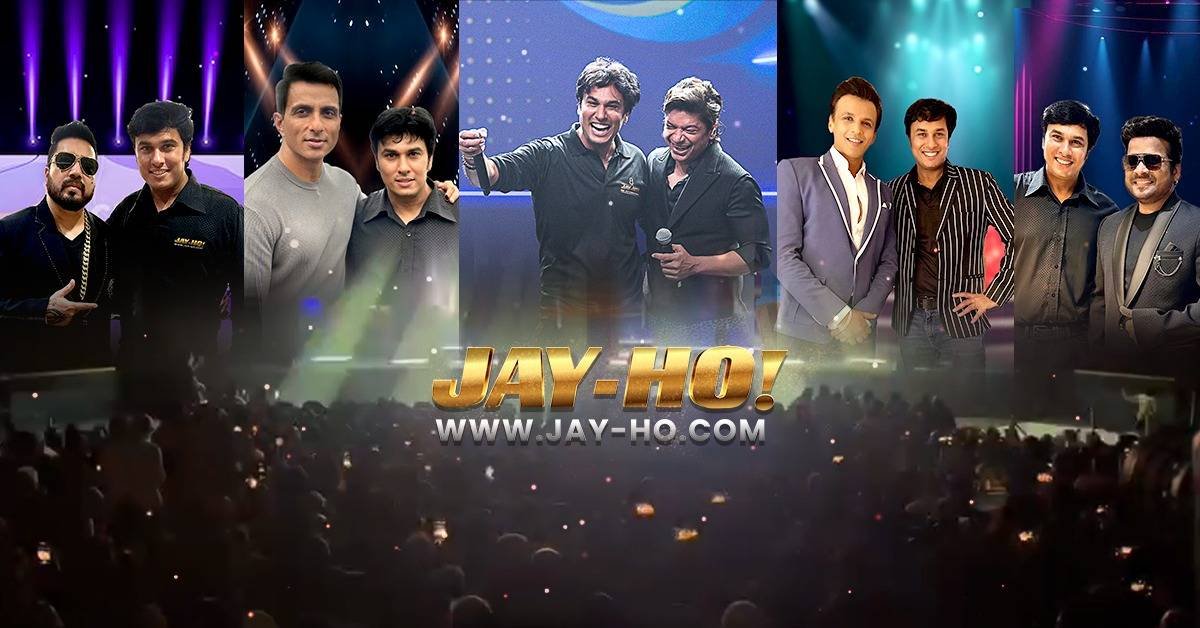Deepika Padukone’s reported exit from Spirit, directed by Sandeep Reddy Vanga, has stirred up a whole lot of buzz — not just online, but within the industry too. While fans and netizens can’t stop debating whether an actor’s working hours should be limited or not, one voice in particular has brought some much-needed perspective to the conversation — Ali Fazal.
“We Are Creators, Not Corporate Workers”
In a chat with Indian Express’ Screen, Ali Fazal broke it down in the most respectful and relatable way. He said,
“I am pro everybody being satisfied. At the end of the day, we are creators. This is not like a corporate job — no offence to them — but it is not. Creating things takes a lot of compassion.”
Now, this isn’t a jab at anyone working the 9-to-5 hustle. What Ali’s saying is that filmmaking requires flexibility, empathy, and collaboration. It’s not just about putting in the hours — it’s about aligning energies, emotions, and intentions. And every project is different.
Ali emphasized that it’s not about enforcing a one-size-fits-all approach. “Some projects are VFX-heavy and don’t require much from actors on set. Some need more time because of emotional scenes or intense action. You just can’t apply a blanket rule to creative work.”
Deepika’s Exit Sparks Debate
So what exactly happened? Reports suggest that Deepika opted out of Spirit because she asked for an eight-hour work shift — a request some felt was unrealistic in the filmmaking world. Others, however, felt she had every right to set her boundaries, especially considering how demanding shoot schedules can be.
It didn’t take long for social media to explode with hot takes. Some sided with Deepika, praising her for advocating for work-life balance. Others criticized the move, arguing that cinema demands more time and flexibility.

Ali, however, took the middle ground — and it’s refreshing. Instead of taking sides, he focused on the importance of communication between actors, directors, and the crew. “It needs to be mutually decided between actors, creators, and technicians,” he said. “It’s not for others to throw their opinions around. It’s harsh to ask people to take sides — it’s not fair.”
Mohit Suri Offers a Different Angle
While Ali kept things balanced, director Mohit Suri came out in defense of Spirit director Sandeep Reddy Vanga. Speaking to NDTV, Suri said:
“I don’t think any director wants to make anyone work beyond what’s required. No one’s sadistic enough to unnecessarily torture someone.”He went on to say that actors who agree to a project know what they’re signing up for — and changing the terms later isn’t always fair to the filmmakers.
This viewpoint also sheds light on the pressures of big-budget productions, where tight timelines and heavy expectations leave little room for last-minute negotiations.
A Bigger Conversation About Boundaries
What this entire situation reveals is something deeper — the growing conversation about mental health, boundaries, and balance in the entertainment industry. Gone are the days when 18-hour shoots and back-to-back schedules were worn like badges of honor.
Today’s artists — from Deepika to Ali — are bringing attention to the need for healthier working conditions. Whether that means asking for shorter shifts or more prep time, it’s all about finding what works for the individual and the team.
Ali’s take reminds us that creativity can’t thrive under rigid templates. It needs trust, flexibility, and most importantly, mutual respect.
What’s Next for Spirit?
With Deepika stepping away, the makers of Spirit have already moved forward by casting Triptii Dimri in the lead role. The project still has high expectations riding on it, especially with Sandeep Reddy Vanga at the helm — the director behind hits like Arjun Reddy and Animal.
As for Deepika, she’s got plenty on her plate with upcoming projects and her continued reign as one of Bollywood’s most bankable stars.And Ali Fazal? Well, once again, he’s proven he’s not just a talented actor but someone who isn’t afraid to voice the tough truths — respectfully, intelligently, and without adding fuel to the fire.























